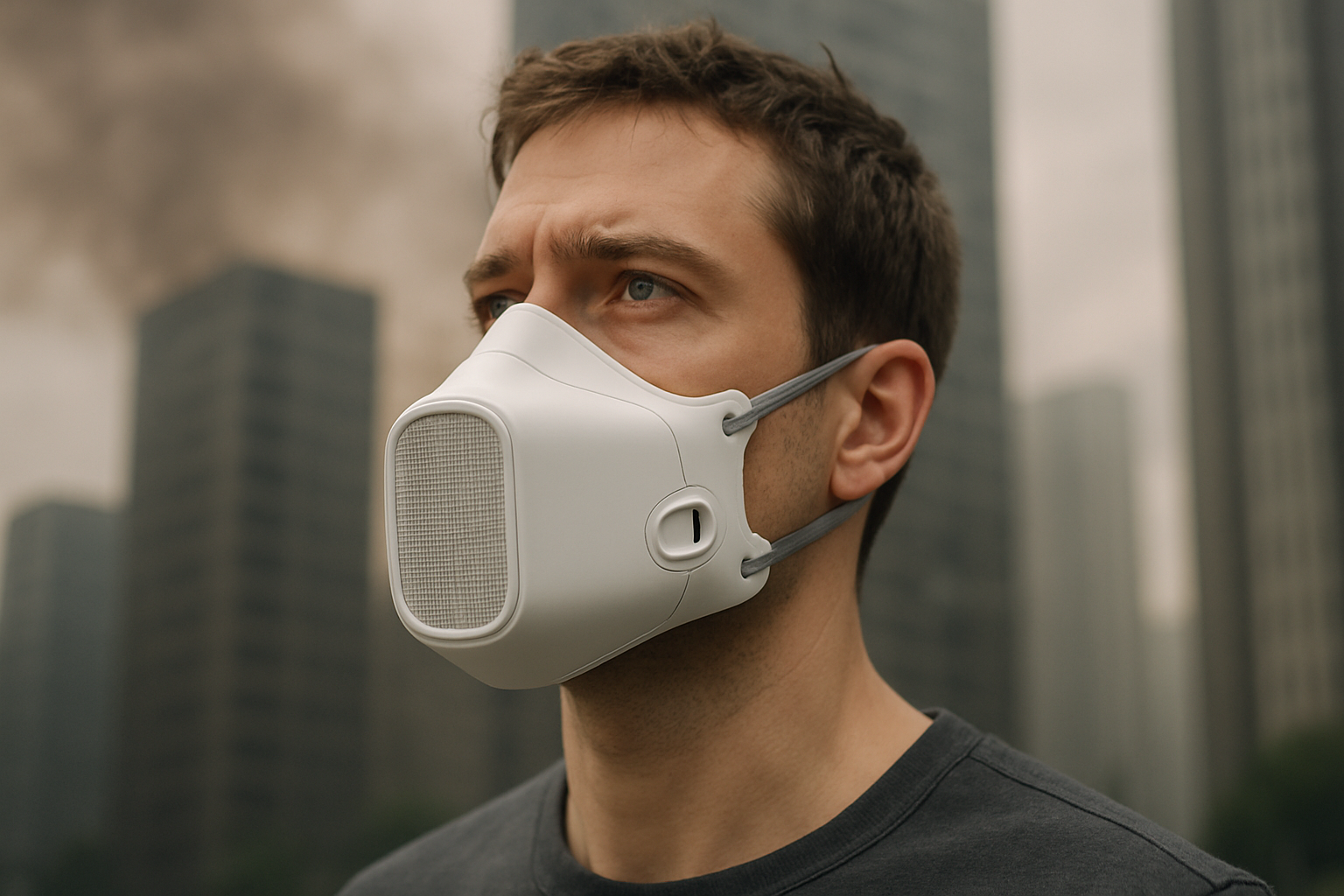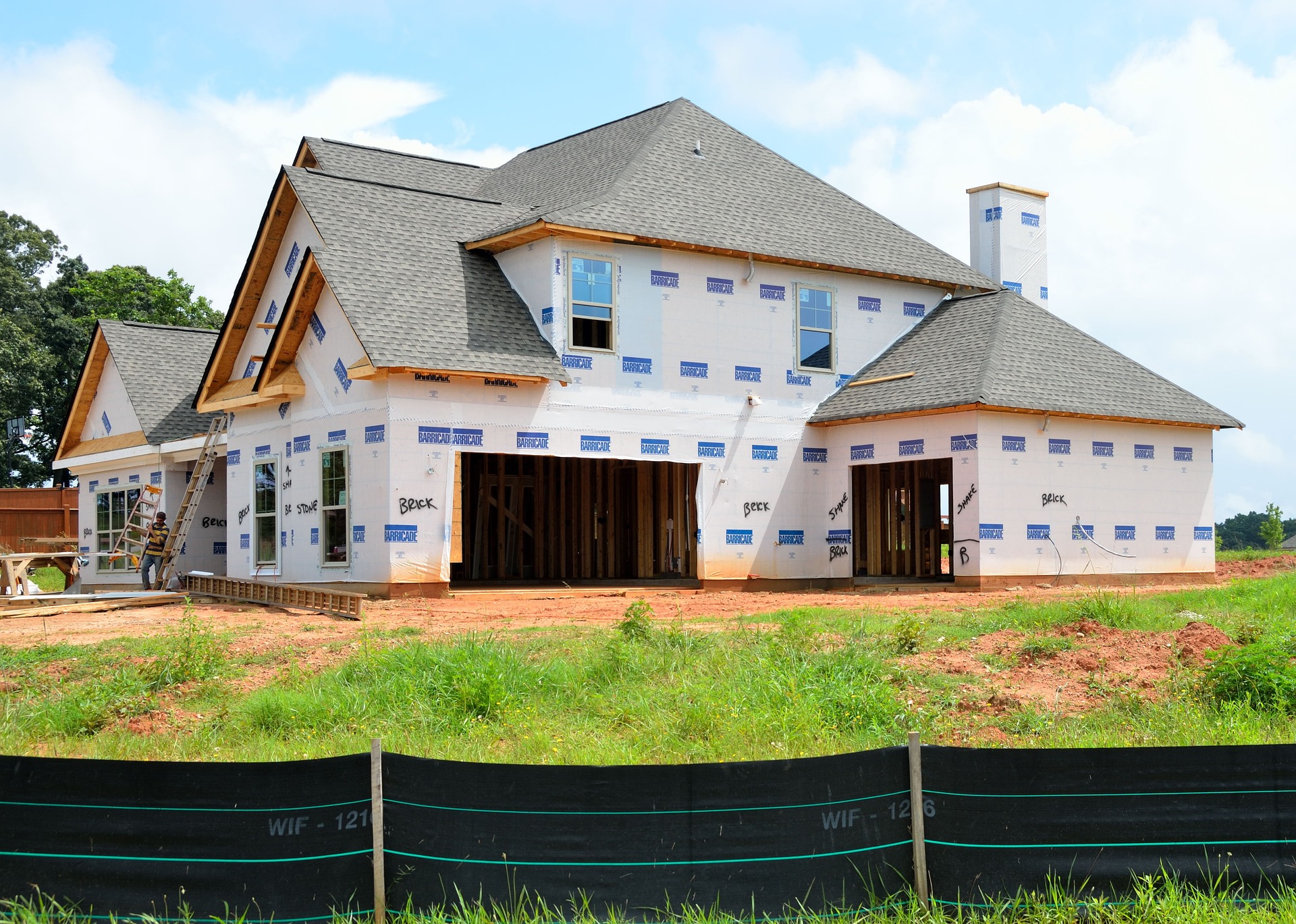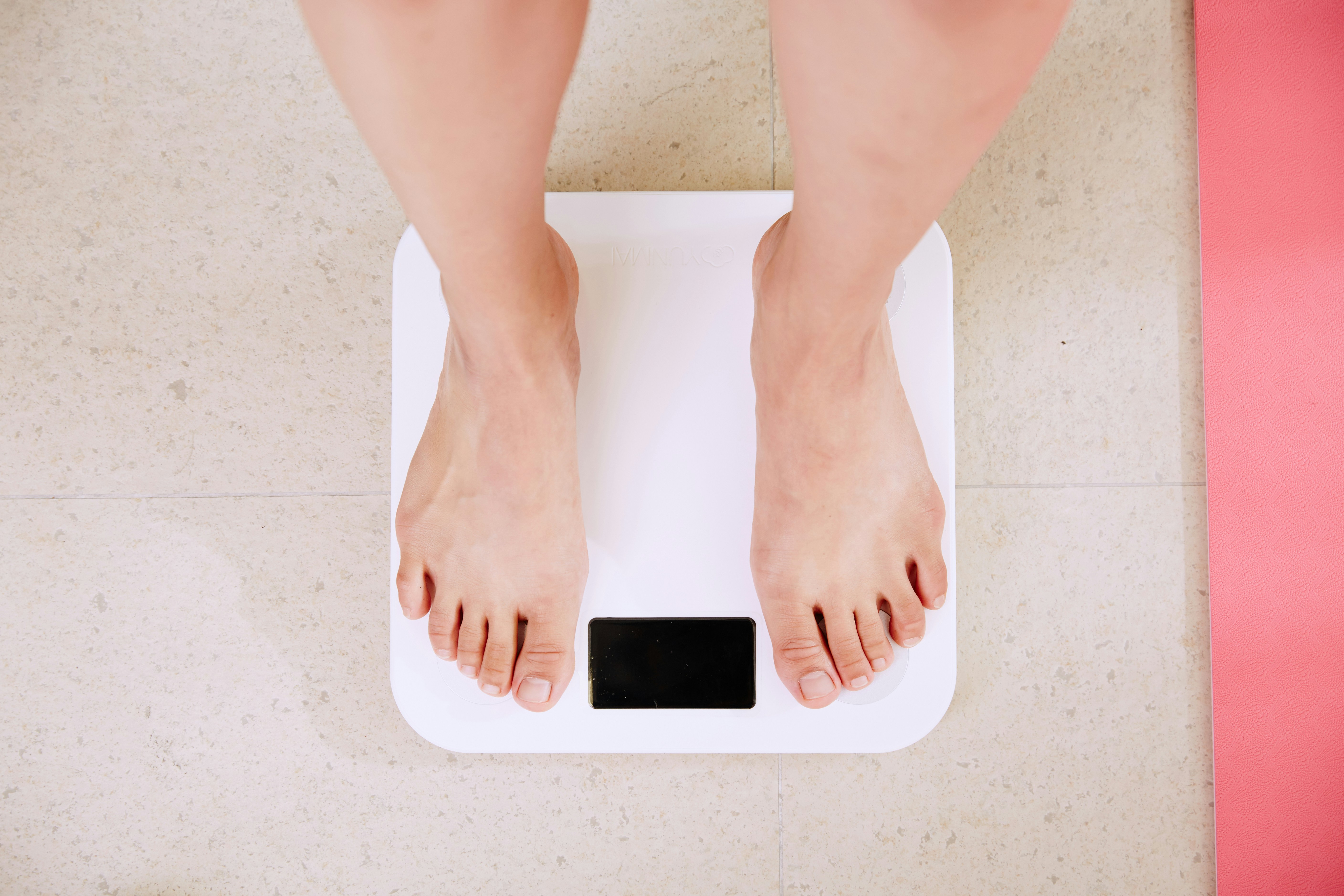Indoor air quality is not ideal, this filtration technology is being widely used
HEPA filtration technology is a highly efficient filter material that captures very small particles in the air, including common dust, pet dander, and some bacteria. Unlike regular filters, the HEPA standard requires filter materials to meet specific efficiency ratings, making it a solid choice for improving indoor air quality. It’s especially useful for homes with babies, allergy sufferers, or pets. Wondering how to choose the right filtration solution for your living space?

What Makes HEPA Filters So Effective?
HEPA (High-Efficiency Particulate Air) filters represent a gold standard in air purification technology. These specialized filters can capture up to 99.97% of particles as small as 0.3 microns, including dust, pollen, pet dander, and certain bacteria. The intricate multi-layered design of HEPA filter cassettes enables them to trap particles through multiple mechanical filtration mechanisms, including interception, impaction, and diffusion.
How Do HEPA Air Filters Actually Work?
The filtration process in a HEPA air purifier is complex yet ingenious. As air passes through the filter, particles are trapped by a dense network of fine fibers arranged in a random, maze-like pattern. Larger particles get caught directly by fiber intersections, while smaller particles are captured through electromagnetic interactions and brownian motion. This means even microscopic contaminants that might escape traditional filters get effectively removed from your indoor environment.
Where Are HEPA Filters Most Beneficial?
HEPA filter air purifiers are particularly crucial in environments with specific air quality challenges. Homes with pets, individuals suffering from allergies, households with young children, and spaces near urban pollution zones benefit dramatically from this technology. Medical facilities, clean rooms, and professional environments also rely heavily on high-quality HEPA air filters to maintain pristine air standards.
Understanding Different Types of HEPA Filtration
Not all HEPA filters are created equal. True HEPA filters meet strict Department of Energy standards, while “HEPA-type” or “HEPA-like” filters may not offer the same level of filtration. True HEPA filters are classified into different grades (H10-H14), with higher numbers indicating superior filtration capabilities. Professional-grade HEPA filter cassettes often provide the most comprehensive air cleaning performance.
HEPA Purifier Options in the United States
The air purifier market in the United States offers a wide range of HEPA filtration solutions. Consumers can choose from portable units for individual rooms, whole-house systems integrated with HVAC, and specialized models designed for specific needs like allergies or chemical sensitivity.
Comparing Top HEPA Air Purifier Options
| Brand | Filtration Levels | Room Size Coverage | Estimated Cost |
|---|---|---|---|
| Blueair Blue Pure | True HEPA | 540 sq. ft. | $250-$350 |
| Honeywell HPA300 | True HEPA | 465 sq. ft. | $200-$250 |
| Levoit Core 300 | True HEPA | 219 sq. ft. | $100-$150 |
Prices, rates, or cost estimates mentioned in this article are based on the latest available information but may change over time. Independent research is advised before making financial decisions.
This article is for informational purposes only and should not be considered medical advice. Please consult a qualified healthcare professional for personalized guidance and treatment.




